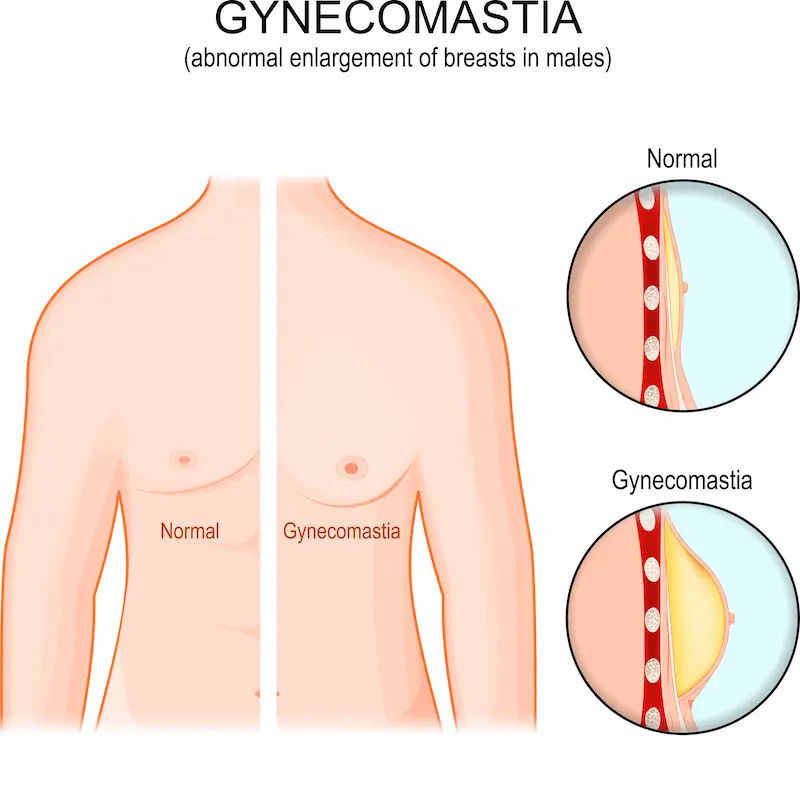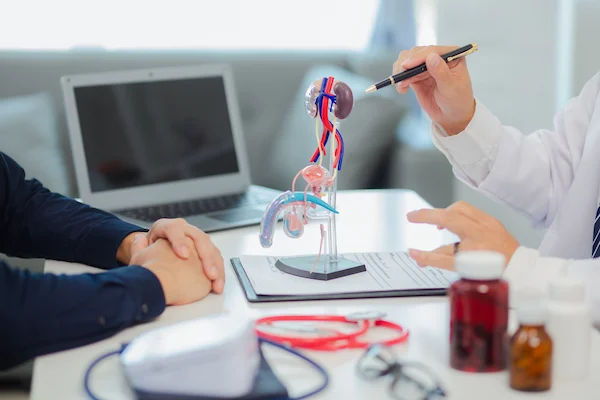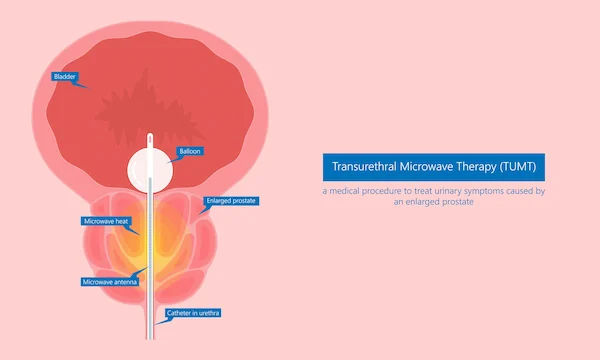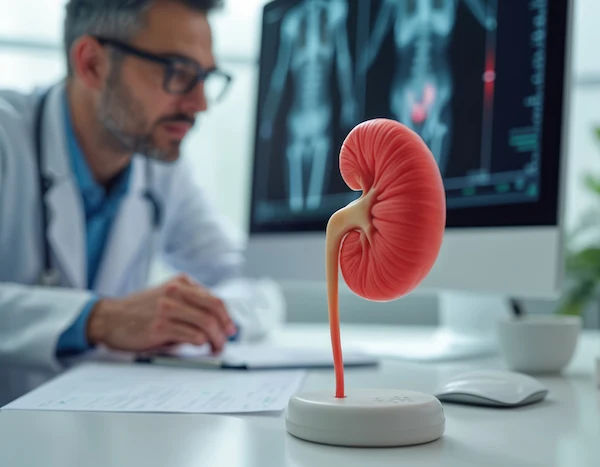- male
- 30 Years
- 14/08/2025
I've been dealing with para phimosis and it's causing pain during sex are there any non-surgical treatment options that actually work? I'm really worried about going under the knife and want to know if there's another way to manage this

More Urology Health Queries
View allI'm having a penile infection that's been troubling me for the past 20 days. I've tried applying a few creams, but nothing seems to be working. What could be causing this, and is there something more effective I should try?
This could be fungal infection u need to evaluate with your Dermatologist and get appropriate treatment with oral antifungal medications and topical lotions,once the infection is resolved your hair fall would come down,I suggest you not to use minoxidil with active fungal infection,above this your personal hygiene care is more important.
Answered by 1 Apollo Doctors
I have an 11mm stone in my left kidney and my doctors recommended RIRS laser surgery but I'm wondering if lithotripsy could work instead for my case
Surgery is advised to the patient since the stone size is larger .Since stone size is 11mm if untreated may lead to complications like abdominal pain,backpain and infection etc.
Answered by 1 Apollo Doctors
I've been wondering about the effects of daily masturbation over many years. I'm 28 now, could this habit be lowering my testosterone levels? Also, are there other factors or things I should be aware of that might be causing low testosterone?
Daily masturbation does not significantly impact testosterone levels in a healthy 28-year-old. However, chronic stress, poor diet, lack of sleep, obesity, and certain medical conditions (e.g., hypogonadism) can contribute to low testosterone levels. It's important to maintain a healthy lifestyle for optimal hormone balance.
Answered by 1 Apollo Doctors
Disclaimer: Answers on Apollo 247 are not intended to replace your doctor advice. Always seek help of a professional doctor in case of an medical emergency or ailment.




